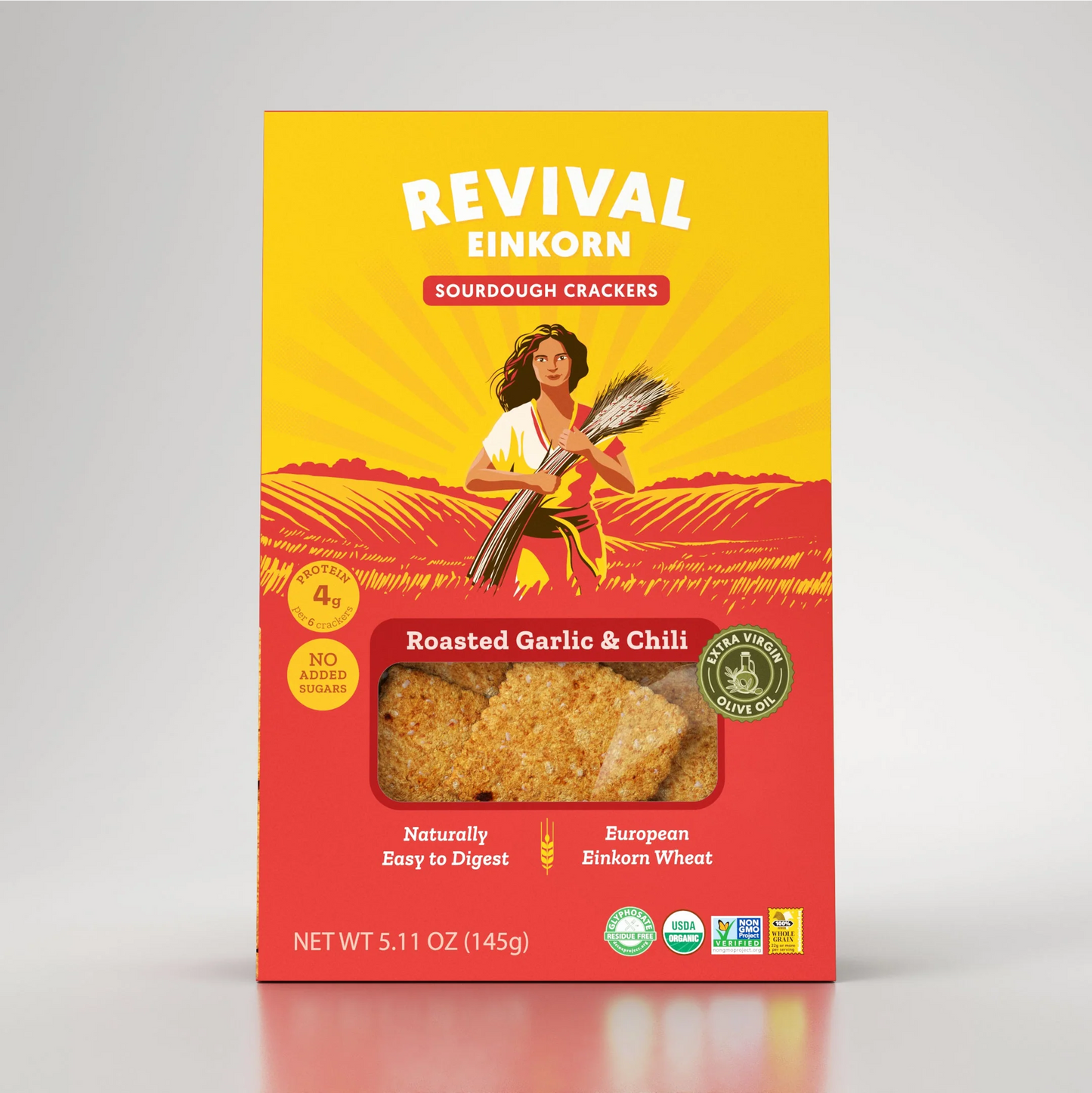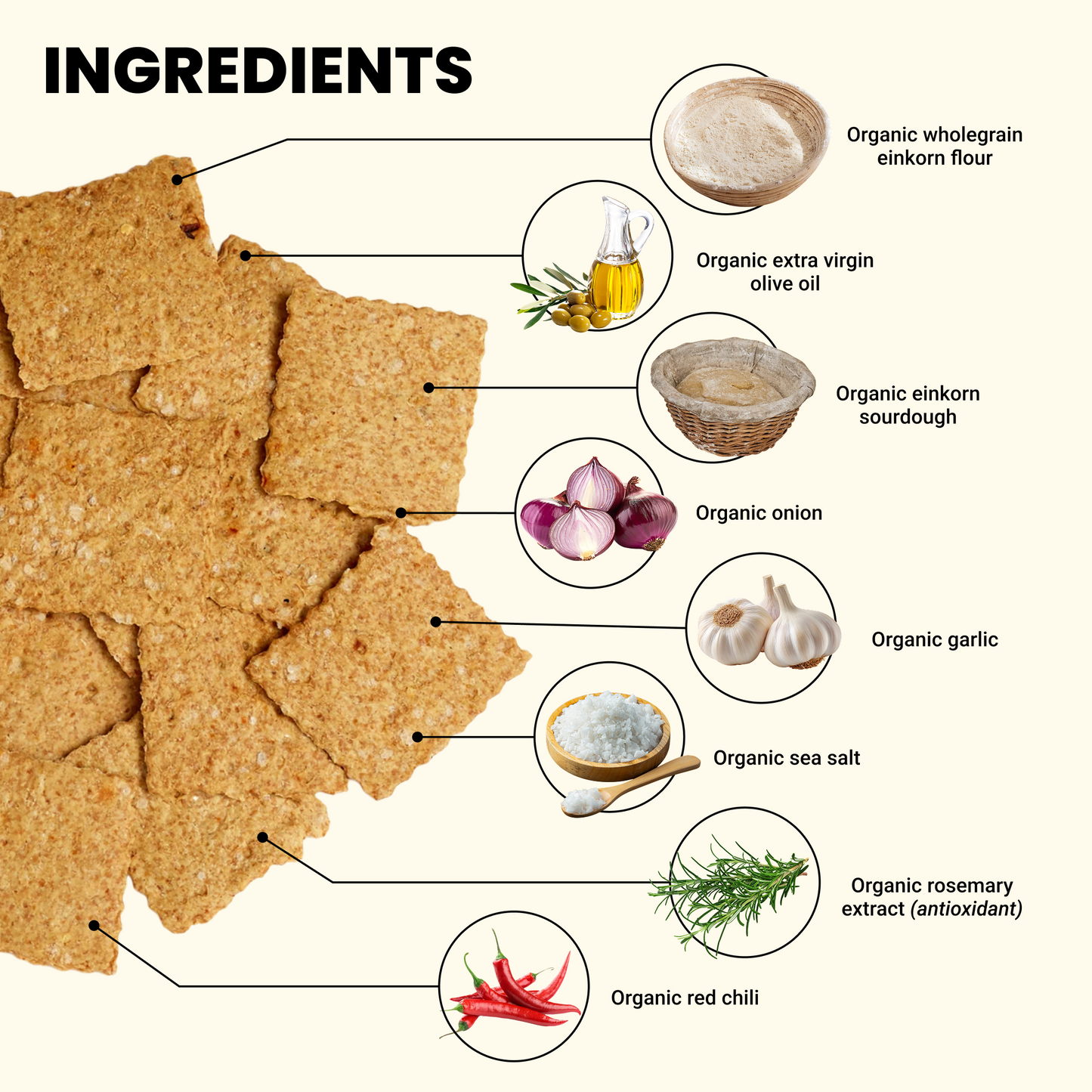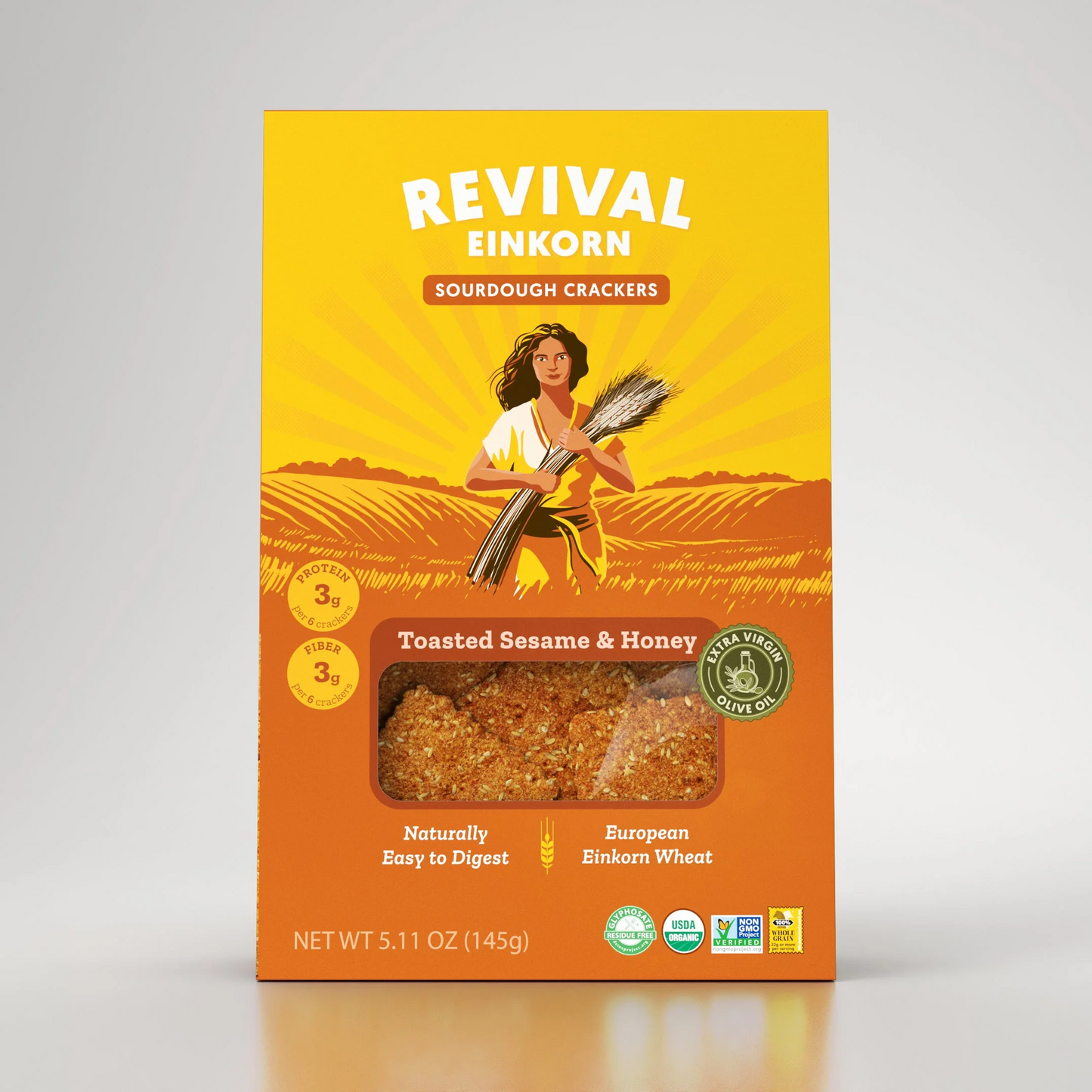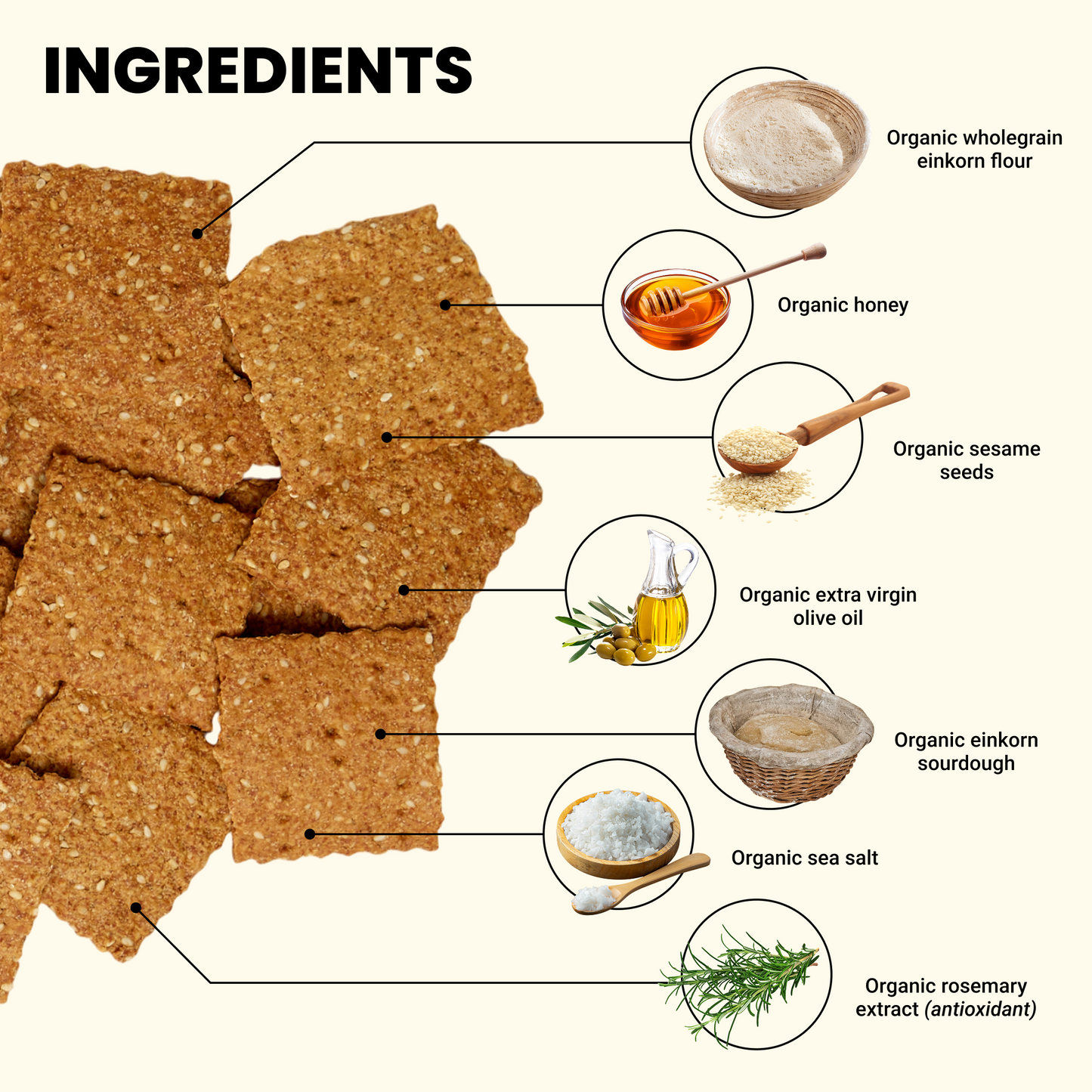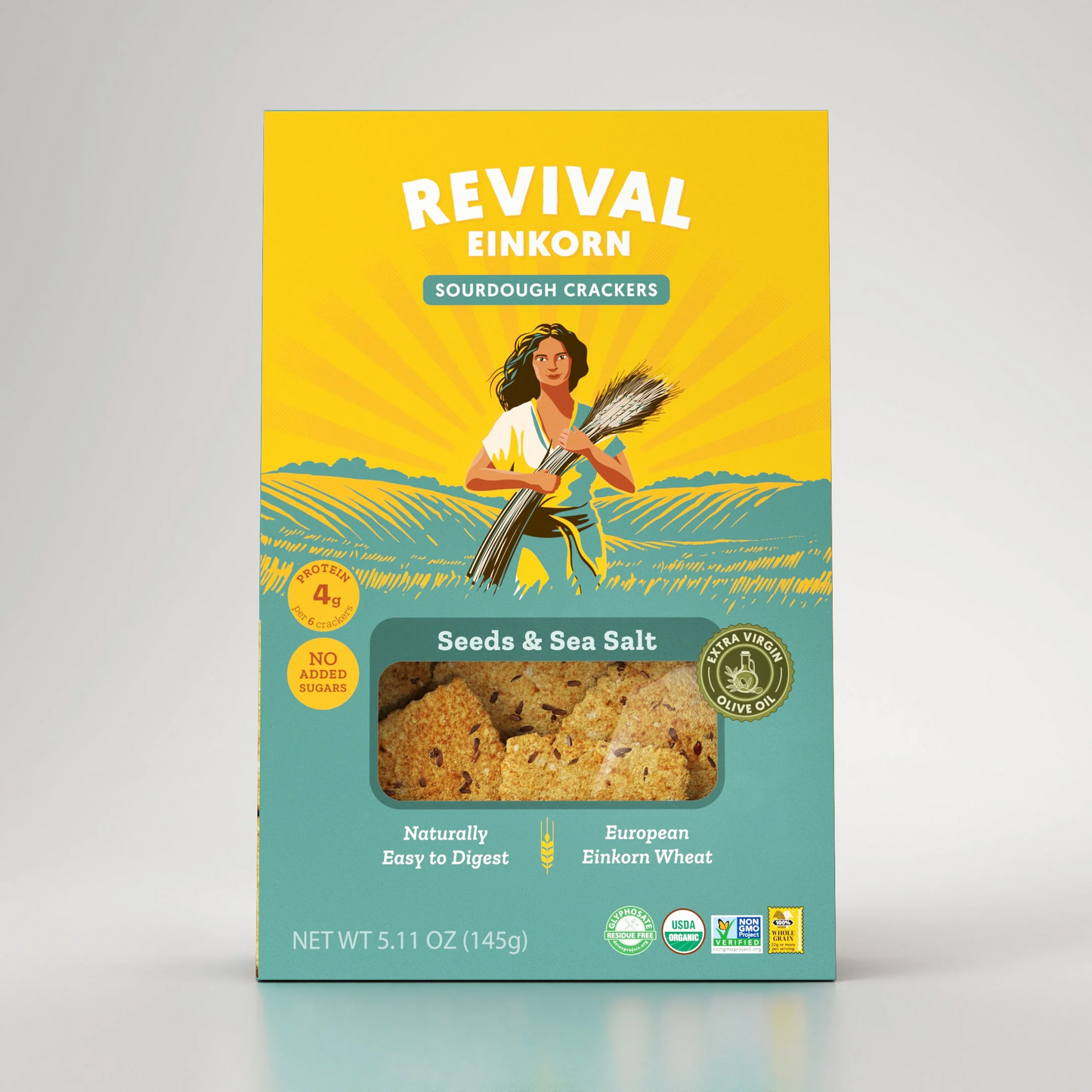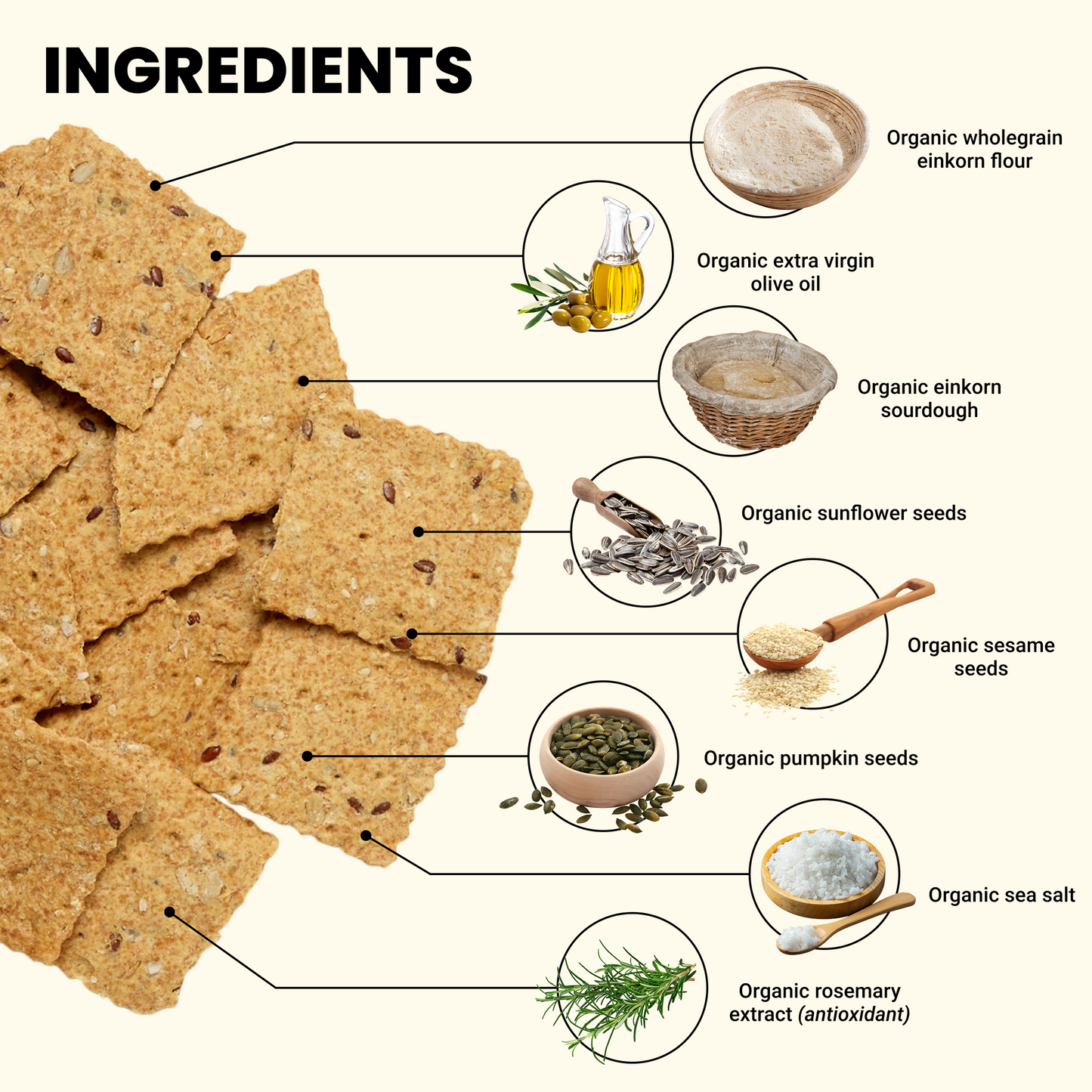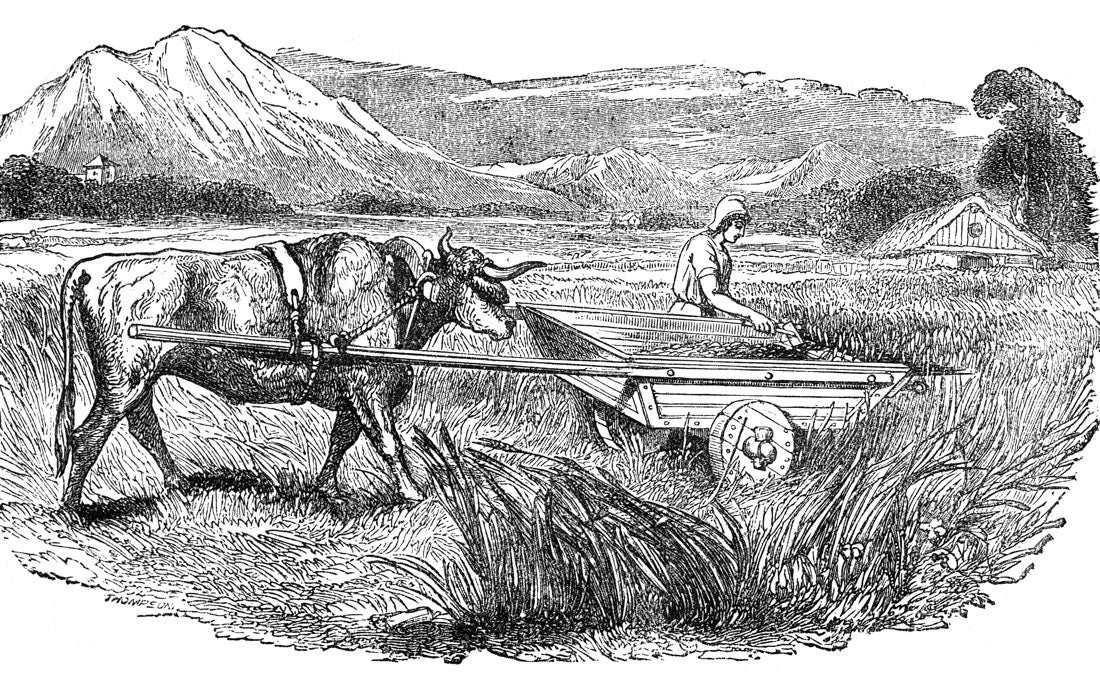
The Birth of Farming
When our ancestors happened upon einkorn wheat 14,000 years ago, they were the first humans to begin cultivating their own food. With the discovery of einkorn (Triticum monococcum), our hunter-gatherer relatives stumbled upon a sustainable way to secure quality sustenance year round. As ancient agriculture evolved, it forever altered the rhythms of once nomadic cultures, slowly spreading from Mesopotamia to faraway civilizations.
The Agricultural Revolution began, human populations flourished, villages turned into cities and the Fertile Crescent, what we now know as the Middle East, became a land of opportunity. Focusing on production of cereal grains, like einkorn wheat, these early farmers relied on mother nature to provide what their crops needed in one of the most unforgiving and arid environments.
Why is Modern Wheat Not Sustainable?
What does this have to do with growing einkorn wheat in the 21st century? Well, fast forward just a few centuries, to the 1900s to be exact, when the modern population was booming, the demand for increased food production was at an all time high. The focus on the most ancient cultivated food, wheat, was undeniably crucial. When scientists began hybridizing wheat, they had the best of intentions, but much was lost in the process. Hybridized wheat resulted in higher production volumes, but less nutrition, more complex starch and more complex protein structures, and wheat ultimately became significantly less valuable nutritionally, yet requiring more resources.
On the agricultural side, wheat now needed pesticides, irrigation, and increased inputs due to the significant deviance from the genetic purity of the first wheat varieties. While early civilizations worked with their natural resources, modern wheat farmers began to rely heavily on less sustainable and regenerative inputs. In an era of waning water sources, a heavily impacted planet, and increased awareness of the environmental impact of crop production, einkorn is needed more than ever.
Why Einkorn is Earth’s Perfect Grain
The purity of einkorn wheat, untouched by hybridization, just as simple and wholesome as it was 14,000 years ago, naturally makes it a sustainable crop. Requiring no irrigation or chemical inputs, einkorn is quite literally perfect! The tough outer hull, encapsulating the seed, naturally protects Einkorn from common molds and hungry insect invaders, thus not relying on synthetic pesticides. Coupled with the fact that our ancestors grew einkorn in one of the driest regions of the world, with no irrigation, and minimal rainfall, it thrives in ever changing weather conditions and soil types without irrigation or fertilizer.
Einkorn, earth’s first wheat, is not only sustainable, it is nutrient dense, highly digestible, and it can very well be the link we need to ‘de-evolutionize’ modern farming, returning to our roots, reclaiming the health of our planet and of modern humanity.
